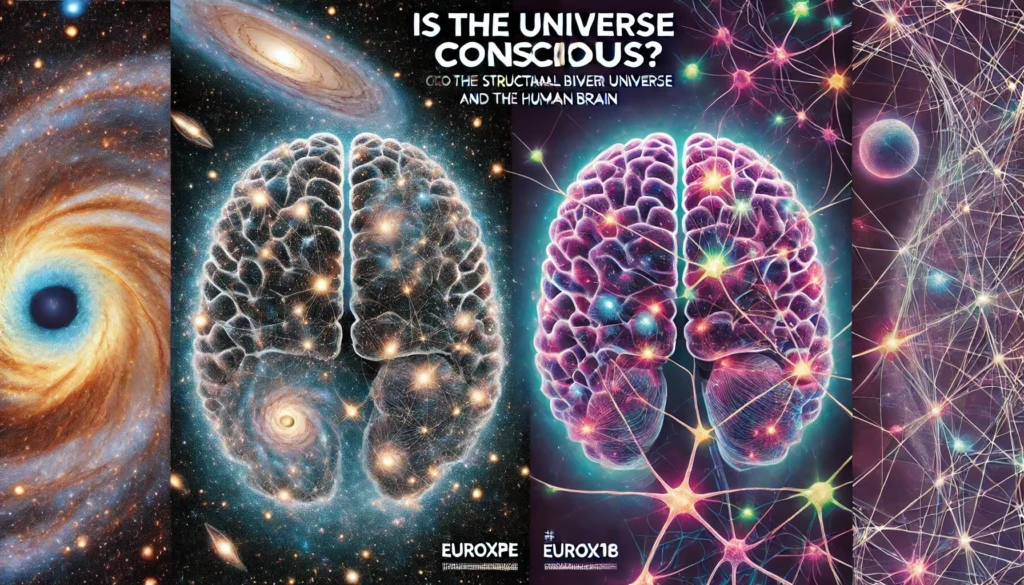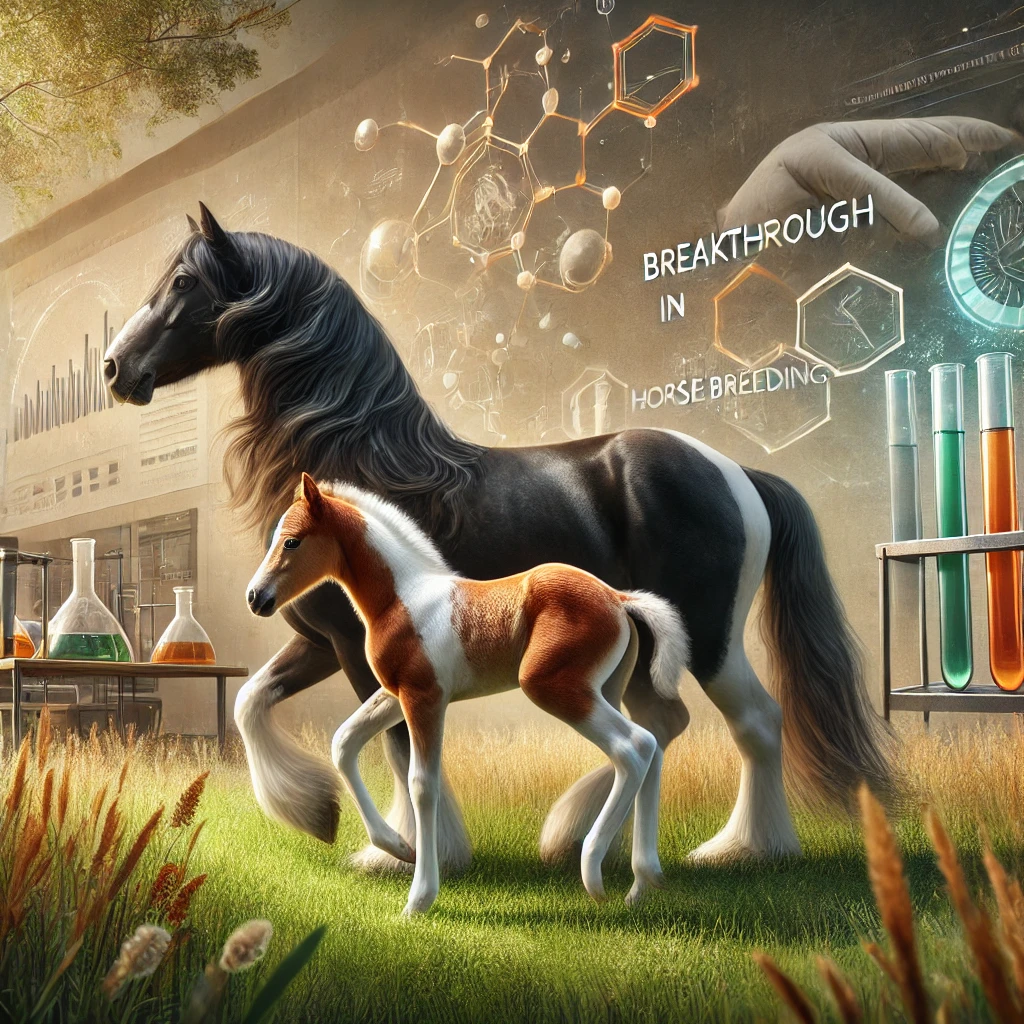The structural similarities between the universe and the human brain have captivated the attention of scientists, leading to the profound question of whether the universe might possess consciousness. This fascinating inquiry stems from the observation that the universe’s expansive network resembles the intricate web of neurons in the human brain, prompting deeper investigation into the universe’s functioning.
The Concept of Panpsychism
Some physicists suggest that the universe might “think” or, in a sense, be conscious, a notion rooted in the philosophy of panpsychism. Panpsychism posits that mind or a mind-like aspect is a fundamental and ubiquitous feature of reality. It is also defined as the theory that mind is a fundamental characteristic of the universe.
Panpsychism is one of the oldest philosophical theories, attributed to philosophers such as Thales, Plato, Spinoza, Leibniz, William James, Alfred North Whitehead, Bertrand Russell, and Galen Strawson. In the 19th century, panpsychism was the prevailing view in Western philosophy of mind, but it experienced a decline with the rise of logical positivism in the mid-20th century. However, recent developments in neuroscience, psychology, and quantum physics, driven by the “hard problem of consciousness,” have rekindled interest in panpsychism in the 21st century.
Is the Universe Conscious?
The debate over whether the universe is conscious remains a contentious topic in the scientific community. Some researchers argue that while the universe itself may not be conscious, the structural similarities between the universe and the brain are not mere coincidences. These parallels suggest that there might be more to learn about the universe’s workings, necessitating further investigation.
Expanding Our Understanding of the Universe’s Structure
New research could enhance our understanding of the universe’s structural properties. These studies might not only expand our knowledge of how the universe was formed and how it operates but also lead us to reconsider the concept of consciousness. Scientists acknowledge the difficulty of definitively determining whether the universe is conscious. However, the similarities between the complex networks of the universe and the brain offer significant insights into the universe’s functioning.
Implications for Consciousness Studies
The exploration of whether the universe is conscious has profound implications for the study of consciousness. If the universe and the brain share similar structures, it might suggest that consciousness is a more fundamental aspect of reality than previously thought. This could lead to a paradigm shift in how we understand both the universe and the nature of consciousness.
The Future of Cosmic Consciousness Research
As our technological capabilities and theoretical frameworks advance, the research into cosmic consciousness is likely to evolve. This field holds the promise of uncovering new dimensions of understanding, not only about the universe’s structure and origins but also about the very nature of consciousness itself. The quest to determine whether the universe is conscious is not just a scientific endeavour but also a philosophical and existential journey, one that challenges our perception of reality and our place within it.
Conclusion
The question of whether the universe is conscious continues to intrigue and challenge scientists and philosophers alike. While definitive answers remain elusive, the striking similarities between the universe and the human brain provide a rich avenue for exploration. As we delve deeper into this mystery, we may uncover new insights that reshape our understanding of the cosmos and our own minds.


